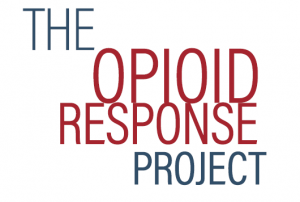
On Day 1, the public forum, things went forward nearly seamlessly in our virtual environment. SOG faculty and staff presented on collective impact, summarized two-year project, and facilitated excellent break-out sessions with team members who had expertise on topics like transportation, housing, and employment and recovery courts. There were some hiccups with the keynote speaker, Sam Quinones, the author of the highly acclaimed book Dreamland. As a journalist, he had a specific perspective of the opioid crisis, which did not always mesh with the experience and expertise of these community teams. For example, he spent over five minutes talking about how the word “addict” should be used to describe people who use drugs or who have Substance Use Disorder (SUD), despite the fact that community members in the chat attested that it was stigmatizing language. Despite these issues, the first day was a great spotlight of the project as a whole.
The second day of the forum was a teams-only event, summarizing the results of their efforts in 5-minute presentations, as well as workshops to focus on their sustainability and further work moving forward. Although there were some minor technical problems with showing some of the first presentations, these were ironed out as the day went on. Teams praised each other’s accomplishments and videos, which allowed them to make even more connections among communities using similar strategies. The teams were also able to use breakout rooms to discuss public values, collective impact, sustainability, and more, and then debrief with SOG faculty as facilitators. It was not the ending that partners may have wanted; their work, and the forum itself, were greatly complicated by the COVID-19 pandemic. However, it seemed like a fitting celebration of the teams themselves, one of the ways that ncIMPACT is managing the end of such a momentous and publicly-involved project.
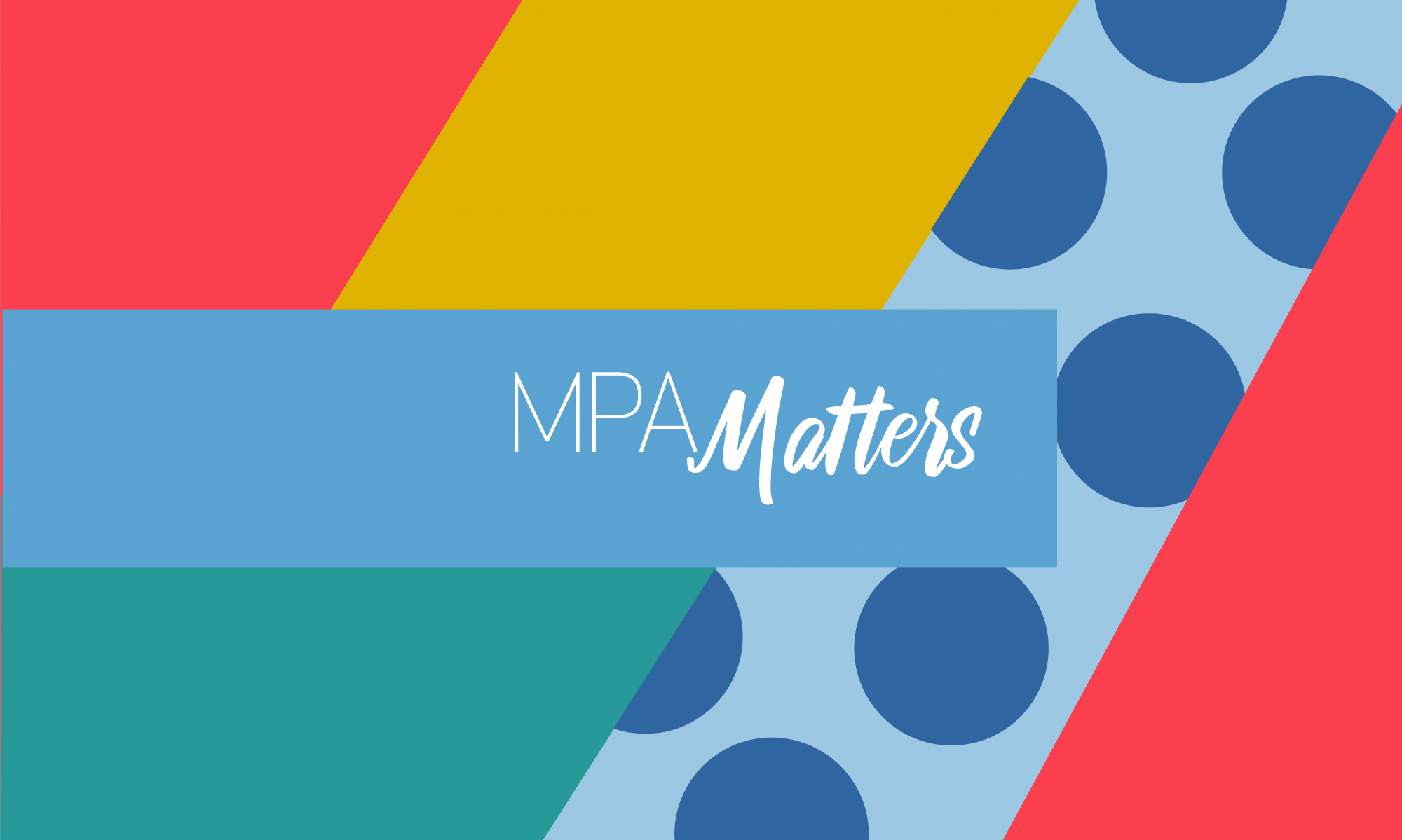

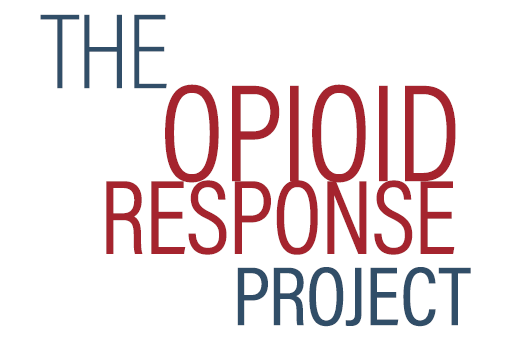


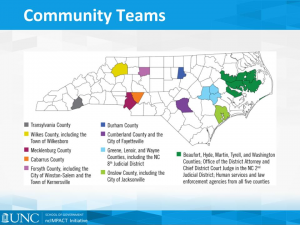


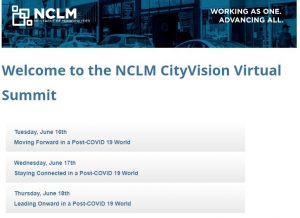

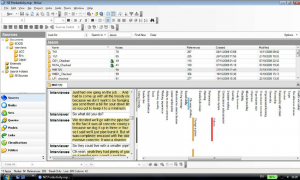
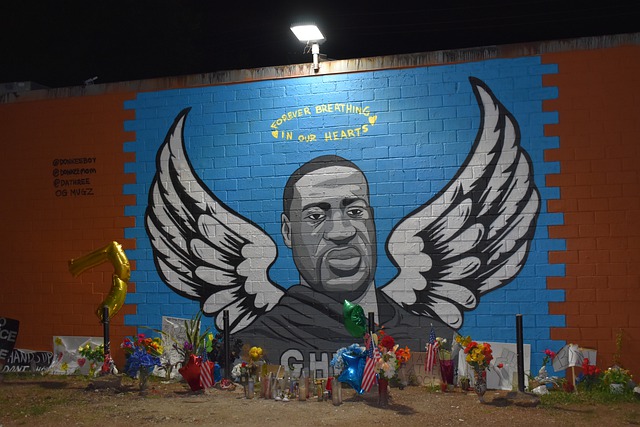
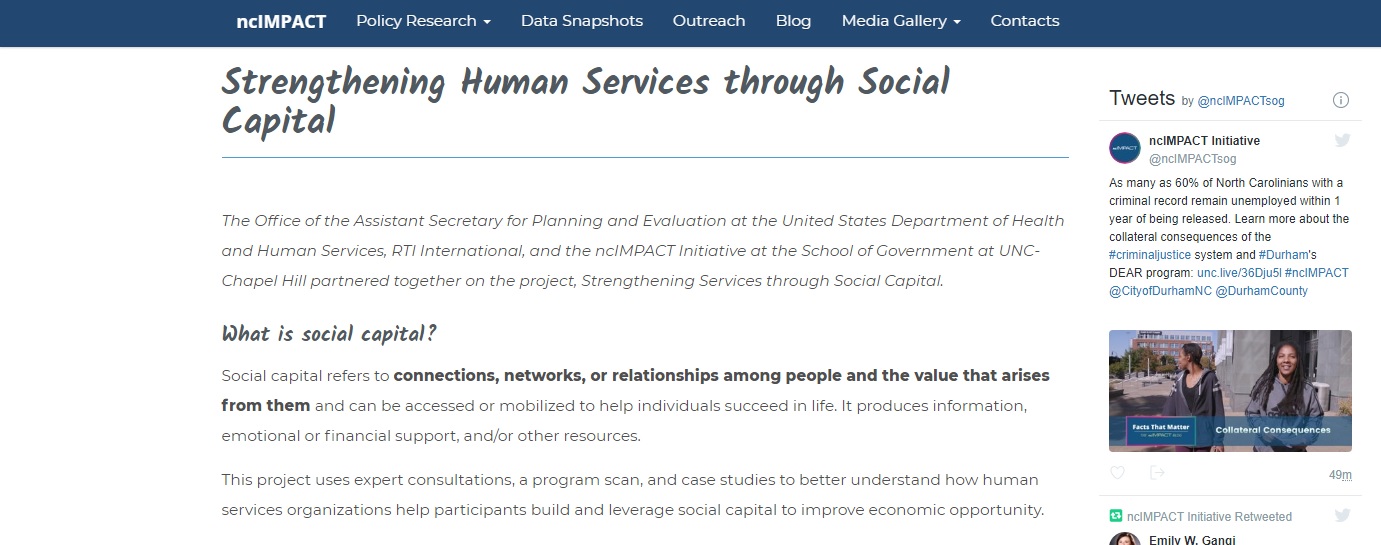
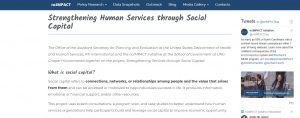
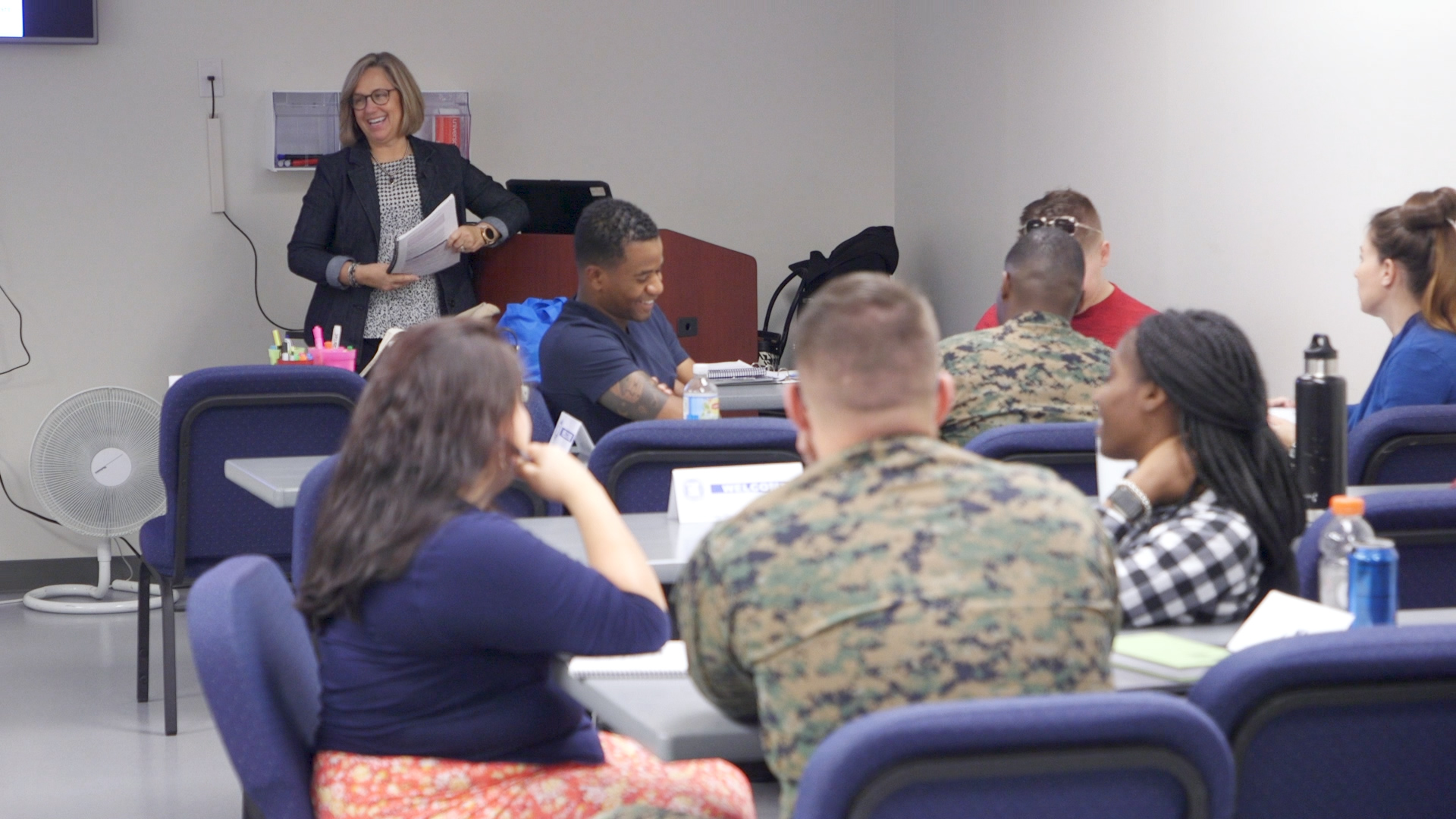
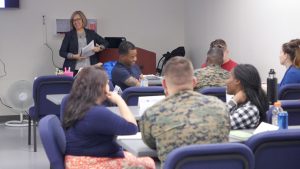 ncIMPACT Initiative
ncIMPACT Initiative